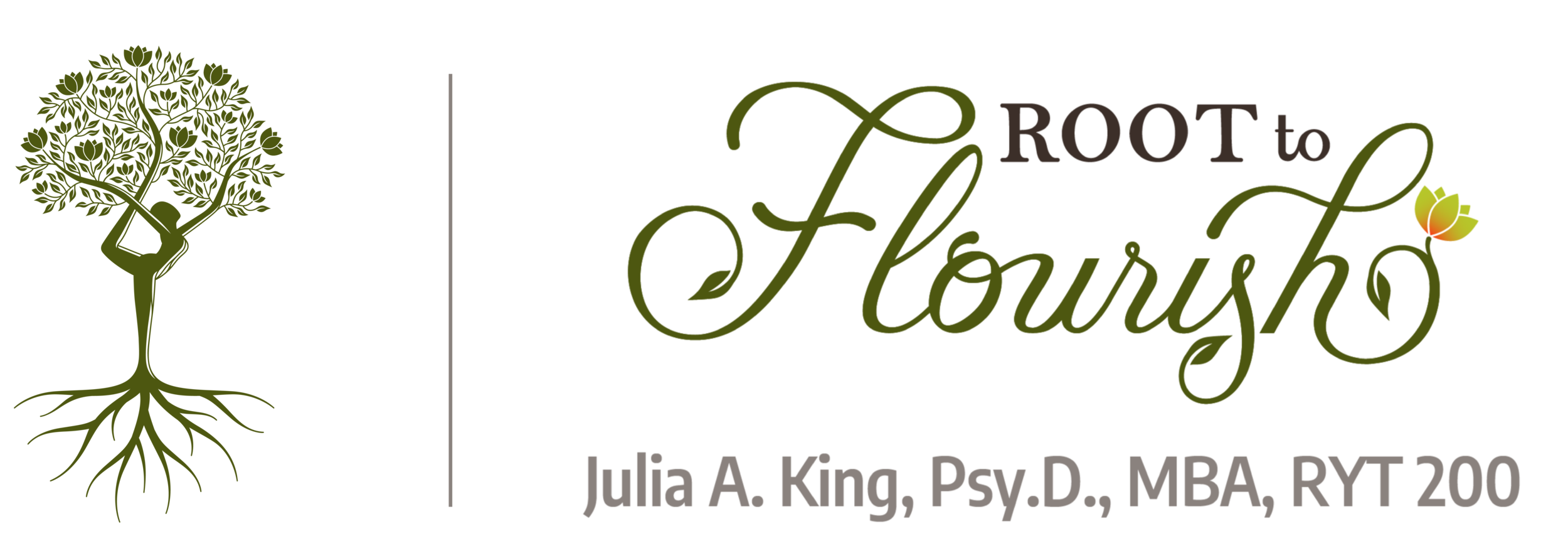Wishing and hoping: only one leads to emotional wellbeing
Photo by Saad Chaudhry on Unsplash
What can we wish upon?
The obvious: a star. Just any old star? Must it be the North Star? Or only shooting stars?
Birthday candles.
(Note: I’ve been fortunate to see two shooting stars in the last month - while out of NYC in places where you’re actually able to see stars, mind you - one of which was on the eve of my birthday. So, perhaps some special magic in that one - a Birthday Eve Shooting Star?)
Fuzzy dandelions blown into the wind.
Eyelashes.
Wishbones.
Four leaf clovers
Coins thrown into fountains.
Rainbows.
And, what are we doing when we’re wishing? The Oxford dictionary defines it as follows: “to feel or express a strong desire or hope for something that is not easily attainable; to want something that cannot or probably will not happen.” While hoping is perhaps more realistic wishing, being defined as “a feeling of expectation and desire for a certain thing to happen.”
Hoping can be helpful to us in terms of our emotional wellbeing. Hope is an extremely powerful means of combatting depression, and it is relevant to note that the presence of hopelessness is highly correlated with suicidal ideation. And, conversely, the presence of hope is also correlated with higher rates of survival in cancer patients.
But, wishing … well, wishing is essentially unrealistic, unlikely hope. Hope expresses a desire that is likely to happen, while wishing is anchored in extremely unlikely, even impossible desires. Hoping is also a more active process, and more likely to be expressed in a determined way, with perseverance. Wishing, on the other hand, is a more passive process, simply wishing for something to happen, rather than being able to be involved in the process of change.
There is, therefore, an emotional distinction between wishing and hoping. It feels differently to hope than it does to wish. When we hope for something, we have reason to believe the thing we hope for can actually happen. But, when we wish, there’s a feeling of desperation.
When my clients say, “I wish …” we explore the likelihood of what they’re wishing for.
If it’s possible, we explore the concrete steps they’ll have to take to get there, turning their passive wish into an active hope that they can work toward.
But if their wish cannot - or is not likely to - happen, we take a different approach: one of acceptance.
If you continually wish for something that cannot happen, you suffer. The more you desperately wish for something that is unlikely to happen, the more miserable you feel, the more you stay stuck, and the more unlikely you are to move forward. In such a case, we must move toward accepting that what we desire is not possible, and move forward into a more realistic expectation, searching for an active way to hope.
If this message resonates, and you want more, subscribe!

